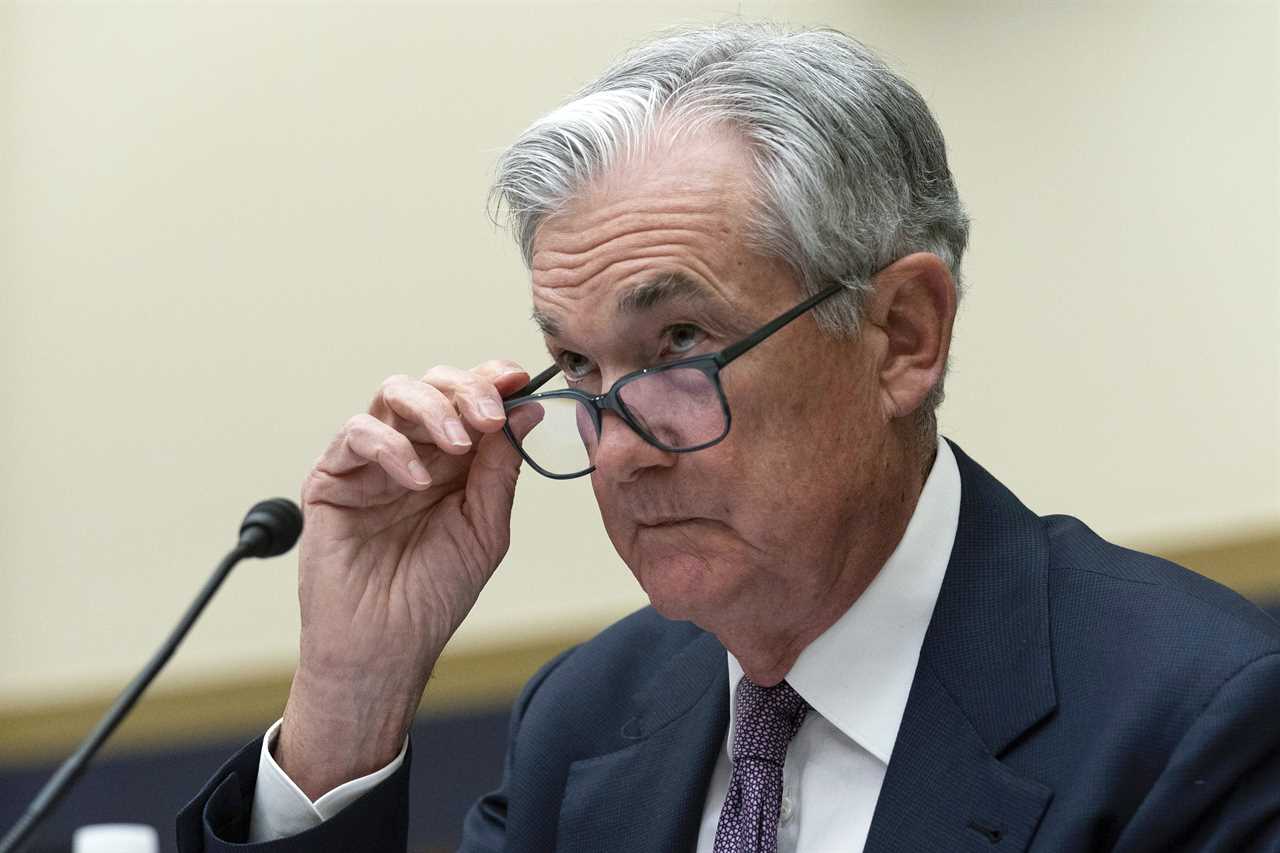
Federal Reserve Chair Jerome Powell suddenly has a major new concern to weigh in his year-long battle against inflation: a string of bank failures.
The spectacular collapse of Silicon Valley Bank, along with two other lenders, has sparked fears about broader financial instability in the U.S. and abroad. That could upend the Fed's efforts to curb inflation by raising interest rates at the fastest pace in four decades.
Anxiety over rising rates — which played a role in Silicon Valley Bank's death— is ratcheting up. As a result, Fed officials might be reluctant to act too aggressively even as they worry that inflation is not slowing enough, as the latest release of the Consumer Price Index on Tuesday is likely to show.
The stakes are enormous: If the central bank holds back on rate hikes, that could lead inflation to stay higher for longer, further eating into Americans' paychecks. If it forges ahead, it could risk triggering more financial turmoil.
“Now, they’re in a position where if they hike [half a percentage point] at the next meeting, that’s gasoline on the fire,” said John Fagan, who led the Treasury Department's markets room from 2014 to 2018.
Economists at Goldman Sachs on Sunday night already said they “no longer expect [the Fed] to deliver a rate hike … with considerable uncertainty about the path beyond March.”
Fed policymakers next meet on March 21-22, where they have been widely expected to raise rates for the ninth straight time.
Powell faced sharp criticism last week from progressives like Sen. Elizabeth Warren and Rep. Ayanna Pressley, both Massachusetts Democrats who blasted him over the Fed’s willingness to allow joblessness to rise by cranking up rates. Their allies are now starting to cite financial stability concerns as yet another reason the Fed should pause.
“The Fed’s actions to fight increasing inflation will need to be materially adjusted, which it should be anyway because inflation is driven by many factors that are beyond the Fed’s control,” Dennis Kelleher, head of financial reform advocacy group Better Markets, said in a statement.
SVB's sudden fall adds a new wrinkle to the already complicated inflation fight that may determine whether the U.S. falls into a recession. Higher costs have been fed by supply chain snarls, record amounts of government spending, Russia’s war in Ukraine and a reopening of the economy that sparked a burst of activity — all of which have emboldened companies to raise prices.
Lawmakers have remained largely deferential to Powell’s efforts to restrict the economy’s growth to bring down inflation. They're waiting to see whether the Fed can achieve a so-called soft landing, where price spikes cool without a significant economic slump.
Now, after SVB’s failure, which required aggressive action by the government to avoid wider financial panic, the Fed chief might have to tread more carefully.
Former Fed Governor Daniel Tarullo, who was in charge of regulations at the central bank under President Barack Obama, said if there are signs that loan officers are pulling back, that would naturally clamp down on growth even without a move from the Fed.
“You might have an even greater contractionary effect by raising rates more,” he said. “And the converse of that is, maybe you justify [a smaller rate hike] at a particular meeting, or standing pat.”
“I’m not talking about the March meeting necessarily,” he added. “You’d need to do some more analysis before you had a measure of confidence that’s what’s happening, but if you did think that’s what’s happening, absolutely it would affect your monetary policy decision-making.”
Heading into the rate decision this month, much will depend on conditions in financial markets.
Said Goldman Sachs's economists: “While we agree that more tightening will likely be needed to address the inflation problem if financial stability concerns abate, we think Fed officials are likely to prioritize financial stability for now, viewing it as the immediate problem and high inflation as a medium-term problem."
Adding to the confusion is that Fed officials have now entered their pre-meeting “blackout” period, where they don’t discuss interest rate policy for a week and a half before a decision. Investors will have to parse what they know about Powell’s approach to managing risk and weigh that alongside fresh inflation data coming out this week.
Efforts by the Fed and FDIC to reassure Americans that they have access to their money might help take some of the immediate pressure off.
“Aggressive action to tame run-risk should also free up the Fed to pursue the monetary policy it thinks is appropriate to manage inflation rather than be trapped by … fear of amplifying financial sector stress,” said Krishna Guha, a former New York Fed official who is now vice chairman at investment firm Evercore ISI.
----------------------------------------
By: Victoria Guida
Title: The new headache weighing on the Fed's Jerome Powell
Sourced From: www.politico.com/news/2023/03/13/jerome-powell-fed-inflation-00086772
Published Date: Mon, 13 Mar 2023 12:45:42 EST
Did you miss our previous article...
https://consumernewsnetwork.com/politics-us/trump-lashed-out-at-desantis-and-said-he-regretted-his-endorsement-of-him






